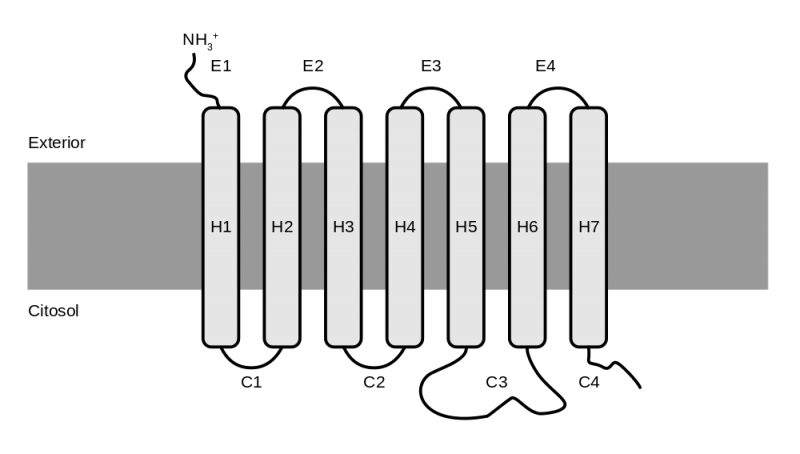Newsletter Signup - Under Article / In Page
"*" indicates required fields
Pharmaleads has scored positive results in a first Phase I trial for its DENKI peptide PL265 to treat chronic neuropathic pain.
The treatment of neuropathic pain commonly involves the prescription of opioids, anti-depressants or anti-convulsants, despite limited efficacy and marked side-effects of these drugs. Paris-based Pharmaleads is exploring new pathways to treat pain based on so-called DENKI peptides that could provide pain relief with less risk of drug abuse.
The biotech just announced that its second clinical stage peptide, PL265, has successfully cleared a Phase I SAD trial, allowing Pharmaleads to move its compound towards the next stage of clinical development. The peptide candidate was shown to be safe and well-tolerated and inhibited both of its target enzymes, aminopeptidase N (APN) and neprilysin (NEP), which are responsible for the degradation of enkephalins. The biotech will now move the compound into a Phase I MAD study in the UK and expects to have data ready in 2018.
The mechanism of DENKIs hinges on their ability to boost the concentration of endogenous agonists that act on the delta opioid receptor. Compared to its mu counterpart, this receptor confers pain relief with less severe side effects. Michel Wurm, Director of Corporate Development, recently told us that “DENKIs don’t cross the blood-brain barrier, and they don’t lead to physical dependence or show abuse potential.”

“Results from this study show that PL265, via its active metabolite PL254, is able to inhibit its two key targets and provide strong evidence supporting our hypothesis that DENKIs are the only drug candidates in development that harbor the analgesic properties of opiates without their side-effects,” commented Wurm in a press release.
Indeed, today analgesics have not progressed far beyond its main active ingredient, morphine, despite severe side effects such as tolerance, addiction and abuse. Still, a number of other biotechs are also making efforts to find new effective pain treatments. Confo Therapeutics has developed a technology that could identify agonists, which selectively activate the opioid GPCRs to induce G-protein recruitment, while avoiding beta arrestin-recruitment, the pathway responsible for the severe side effects of opioids.
Meanwhile, Confo’s main competitor Heptares just struck a new deal with Daiichi Sankyo to apply its GPCR and structure-based drug design skills to identify new small molecules candidates for pain treatment. So far, Pharmaleads is taking the lead with its DENKI candidates that could hit a $5B market in the neuropathic pain space alone. The biotech’s other DENKI, PL37, is currently being assessed in a Phase IIa study in patients with peripheral neuropathic pain of diabetic origin and is also being developed for the treatment of severe cancer and acute migraine pain.
Check out our recent review on pain treatments to hear more about biotech’s efforts in the field.
Images via shutterstock.com / WeStudio and CC 3.0 / Fred the Oyster






